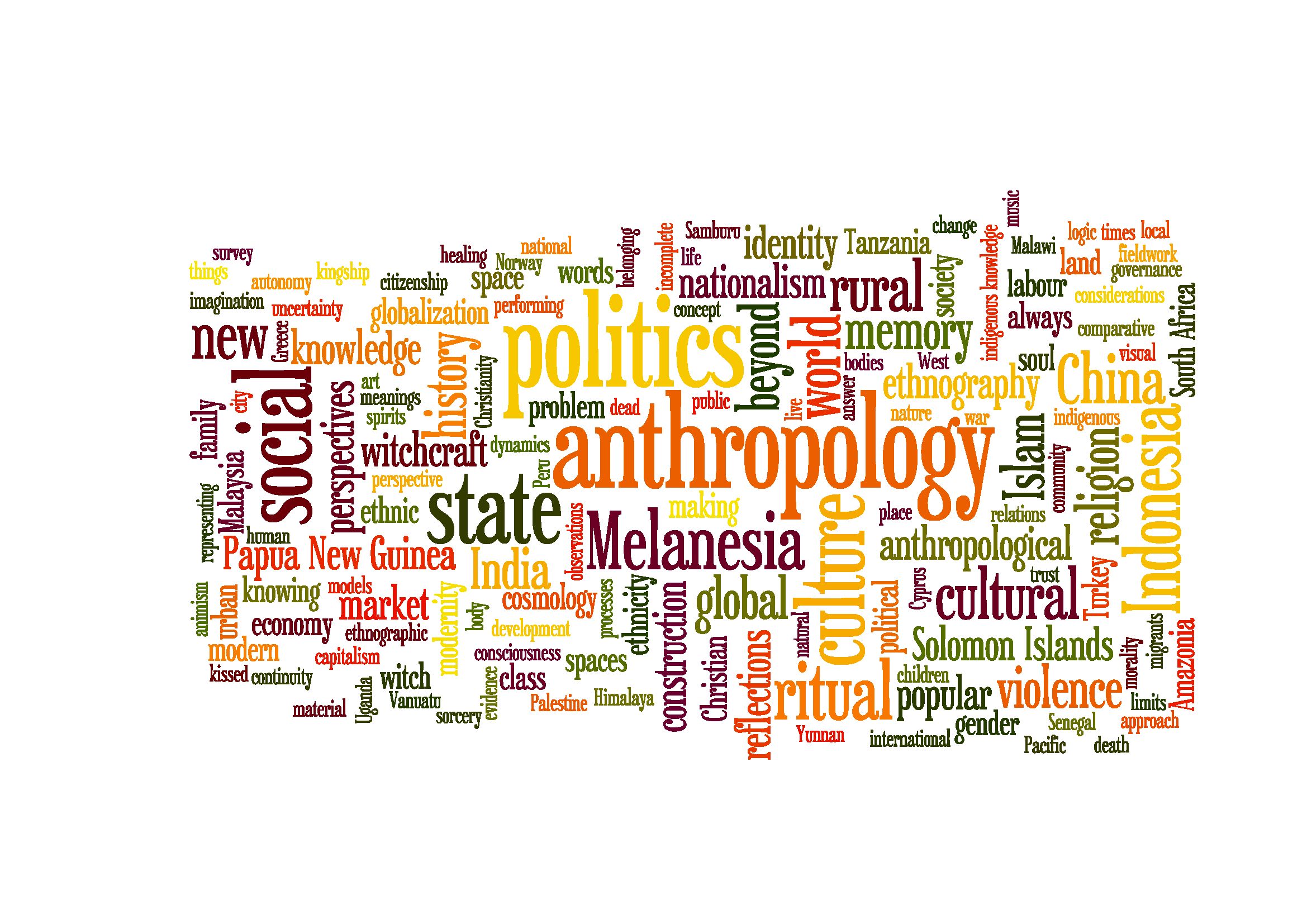Social anthropology is a social science and, therefore, it enjoys a tall status in the realm of social sciences. Despite its long history many of its concepts are still not clear. Long back in 1950 when E.E. Evans- Pritchard delivered the memorable Marett Lecture at Oxford he lamented on the ambiguities which prevailed in social anthropology.
For instance, he said:
Social anthropology has a very limited technical vocabulary, so that it has to use everyday language and this, as we all know, is not very precise. Such words as ‘society’, ‘culture’, ‘custom’, ‘religion’, ‘sanction’, ‘structure’, ‘function’, ‘political’ and ‘democratic’ do not always convey the same meaning either to different people or in different contexts.
ADVERTISEMENTS:
The use of non-technical words has obscured its precise meaning. Yet at another place Evans- Pritchard observes in his lecture by saying that even among the well-read laymen there is a good deal of haziness about the subject. He writes:
I must assume that some of you are frankly ignorant of what social anthropology is and what others believe it to be what it is not.
The haziness that social anthropology contains is obvious in USA, England, and other countries of the European continent. In all these countries the understanding of social anthropology is diverse. In other words, it means differently in different countries.
ADVERTISEMENTS:
Quickly, let us look at the understanding of social anthropology in USA, England and the rest of the European countries. In England and also in USA, to some extent, social anthropology is regarded as a larger and comprehensive discipline. It studies man from a number of aspects.
It concerns itself with human cultures and societies. However, in other countries of Europe a different terminology is used. There, when people speak of anthropology, they mean physical anthropology. In a broader way physical anthropology studies the biological aspects of man. In England, on the other hand, what they call social anthropology is understood as ethnology or sociology in the continent.
In short, in Europe itself, social anthropology has two definite understandings. Viewed from such a prevalence of the approach to social anthropology, it is felt that the discipline is mainly concerned with the study of social structure. In other words, social anthropology is oriented to the inquiry about social structure and social organization.
In USA, the traditional use of social anthropology is quite different from that in England and the European continent. Here, anthropology concerns itself with the study of culture. In England, the meaning of social anthropology is drawn from the works of A.R.
ADVERTISEMENTS:
Radcliffe-Brown and Bronislaw Malinowski. According to these giant social anthropologists, the subject “is said to study social relations rather than culture, social systems rather than isolated customs and cultural traits”.
In USA, social anthropology has been shaped by A.L. Kroeber and Melville Herskovits. G.P. Murdock “who has made a classical study of social structure also claims to be a cult urologist. He says: “The special province of anthropology in relation to its sister disciplines is the study of culture.” Herskovits, the noted American cultural anthropologist, also pleads for cultural orientation of social anthropology.
In India, the discipline of social anthropology is seen from a different perspective. Here, in some cases, social anthropology is a part of sociology; in other cases it is considered as a branch of anthropology.
History has shaped the tradition of social anthropology in a different way. Whereas in USA the study of ‘other cultures’ is considered to be social anthropology, in our country a concern for caste, village and religion is said to be social anthropology.
As a matter of fact, the domain of the social anthropology all over the world is passing through a process of discipline formation. Each country, and for that matter, each society has given a specific shape to social anthropology. Indian society looks at it with a mixed orientation of culture and social structure.
In the European continent, the discipline is concerned with the study of social system. Quite opposite to it, the approach to social anthropology is culture specific. These are a few of the ambiguities specifically spelt out by Evans-Pritchard which a student of social anthropology will have to combat for some time to come.
